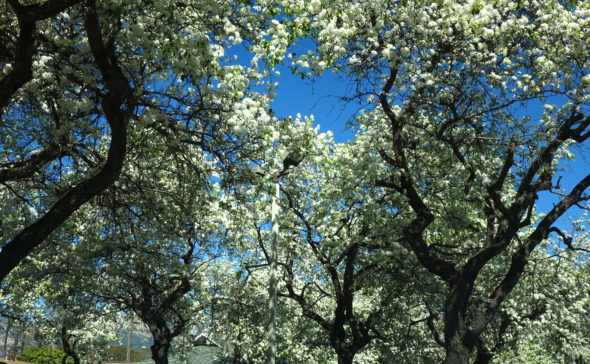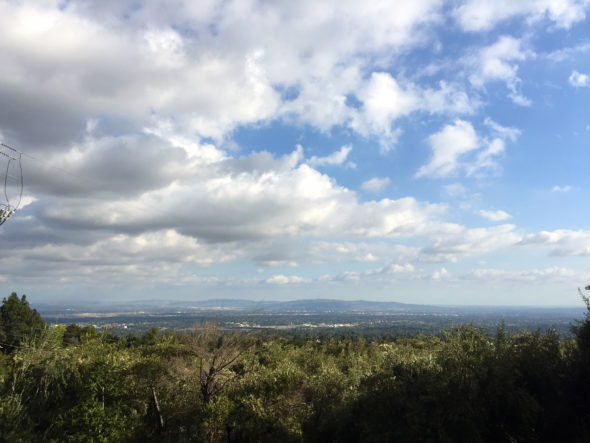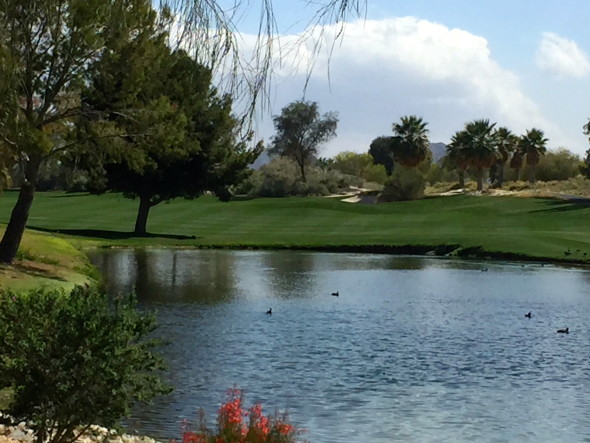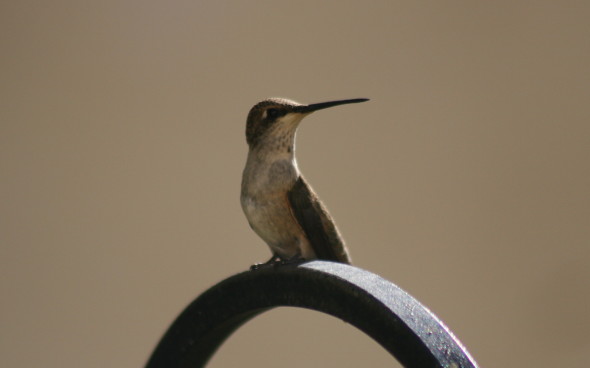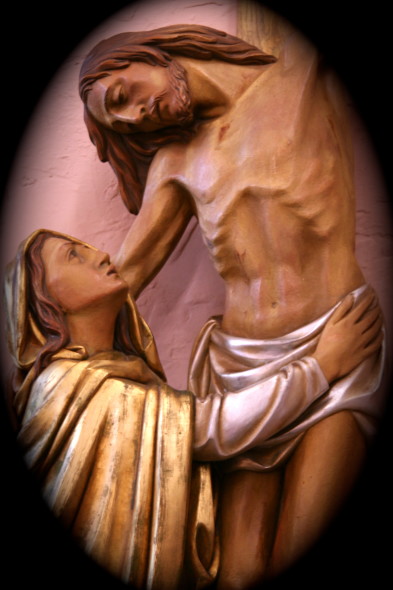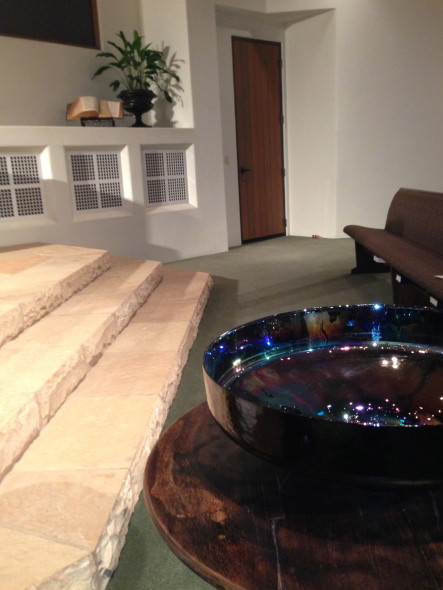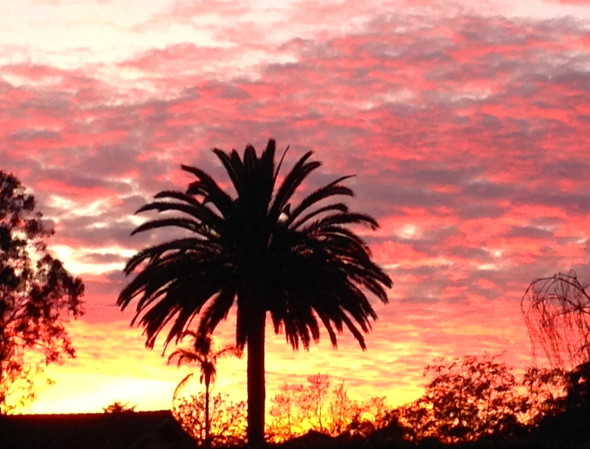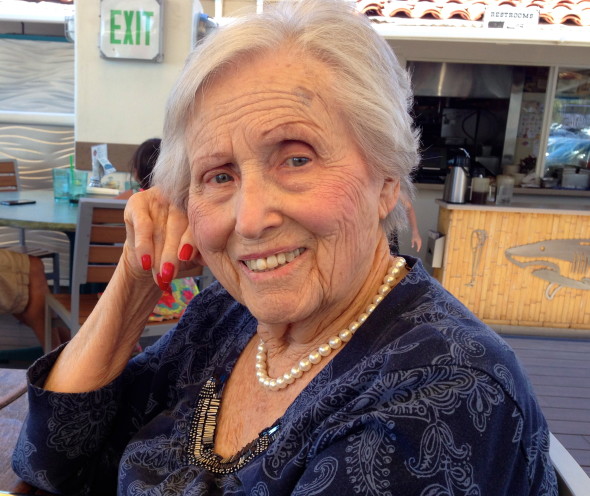Jonah 4:4-11
But this was very displeasing to Jonah, and he became angry. He prayed to the Lord and said, “O Lord! Is not this what I said while I was still in my own country? That is why I fled to Tarshish at the beginning; for I knew that you are a gracious God and merciful, slow to anger, and abounding in steadfast love, and ready to relent from punishing. And now, O Lord, please take my life from me, for it is better for me to die than to live.” And the Lord said, “Is it right for you to be angry?” Then Jonah went out of the city and sat down east of the city, and made a booth for himself there. He sat under it in the shade, waiting to see what would become of the city.
The Lord God appointed a bush, and made it come up over Jonah, to give shade over his head, to save him from his discomfort; so Jonah was very happy about the bush. But when dawn came up the next day, God appointed a worm that attacked the bush, so that it withered. When the sun rose, God prepared a sultry east wind, and the sun beat down on the head of Jonah so that he was faint and asked that he might die. He said, “It is better for me to die than to live.”
But God said to Jonah, “Is it right for you to be angry about the bush?” And he said, “Yes, angry enough to die.” Then the Lord said, “You are concerned about the bush, for which you did not labor and which you did not grow; it came into being in a night and perished in a night. And should I not be concerned about Nineveh, that great city, in which there are more than a hundred and twenty thousand persons who do not know their right hand from their left, and also many animals?”
“Is it right for you to be angry about the bush?” Ouch. Is it right for any of us to be led by our anger? For me, this is a primary teaching point in the book of Jonah. First, is the expansive grace and inclusion of God. Second, is the misplaced and unrighteous anger we so often carry around with us.
But here’s the thing: God doesn’t give up on anybody in this beautiful, small story, not even Jonah. Think about it. There is a level of intimacy between these two that is remarkable. And God’s patience, gentleness and calm assurance all along the journey they take together — well, they are nothing short of astounding.
There is not one thing inherently wrong with anger. In fact, it can often be a gift, stirring us to needed self-protection or action on behalf of others. But anger that moves into the deeper levels of our psyche, that propels us to a live in a constant state of discontent — that kind of anger is corrosive. God, of course, knows this. And God recognizes it in his servant, Jonah.
And God calls him on it. “Is it right for you to be angry . . .?”
Clearly, it is not right. These are the last words in the book. We are not told if Jonah hears and understands what God has said. We are not told if Jonah chooses to release his anger and to receive the love, grace and goodness of God that is offered to anyone and everyone who hears the call and chooses to say ‘yes.’
I wonder what he chose to do, don’t you?
I want to be a friend who says, ‘yes,’ God. I want to release my anger, to rejoice in the generosity you offer to us all. I want to celebrate every single act of repentance and to acknowledge with humility that I don’t know what is best, that I don’t know who is ‘in,’ that I don’t know all that there is to know about YOU. Help me to walk through this season of repentance with openness, gratitude, and with a spirit of joy that goes deep into my bones. Thank you.
